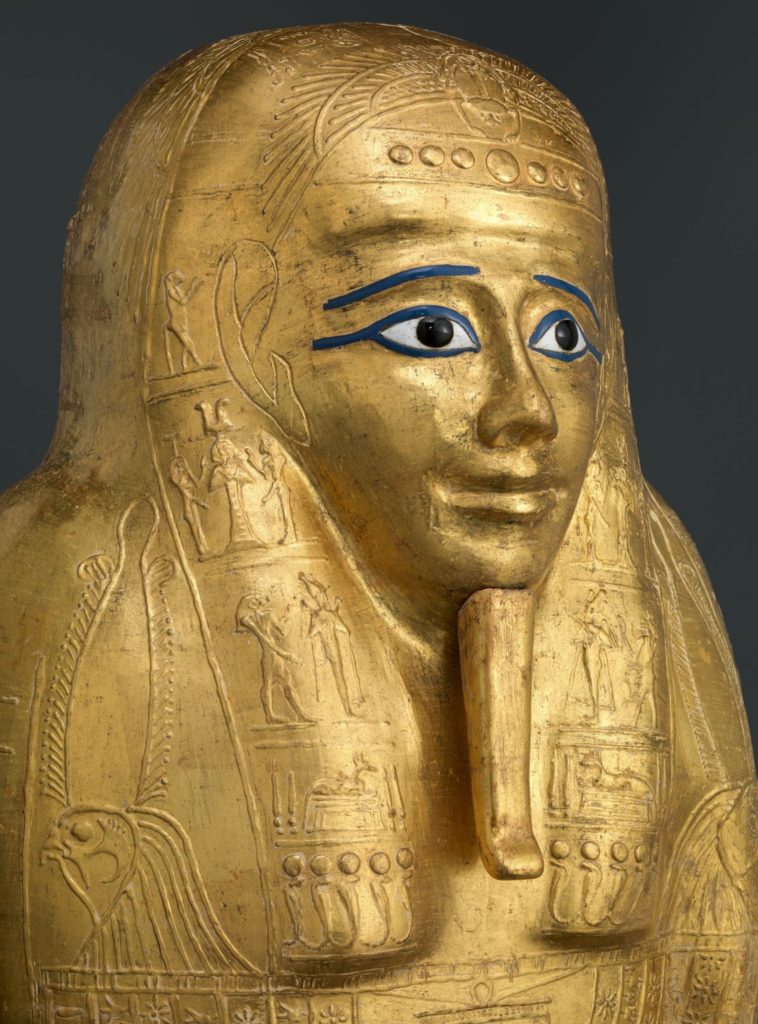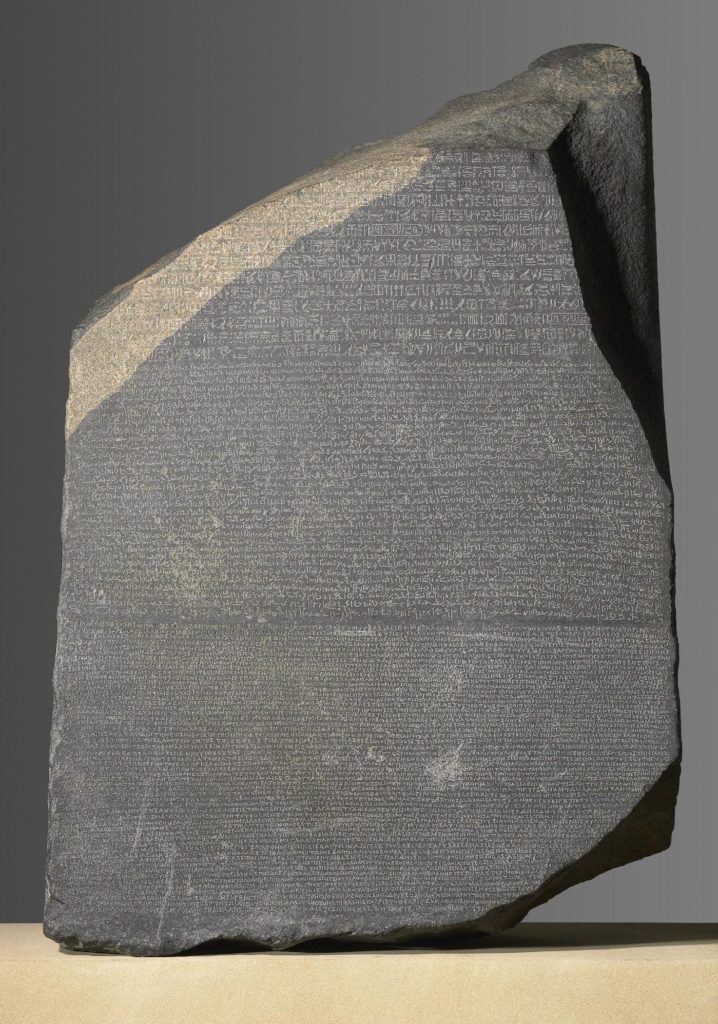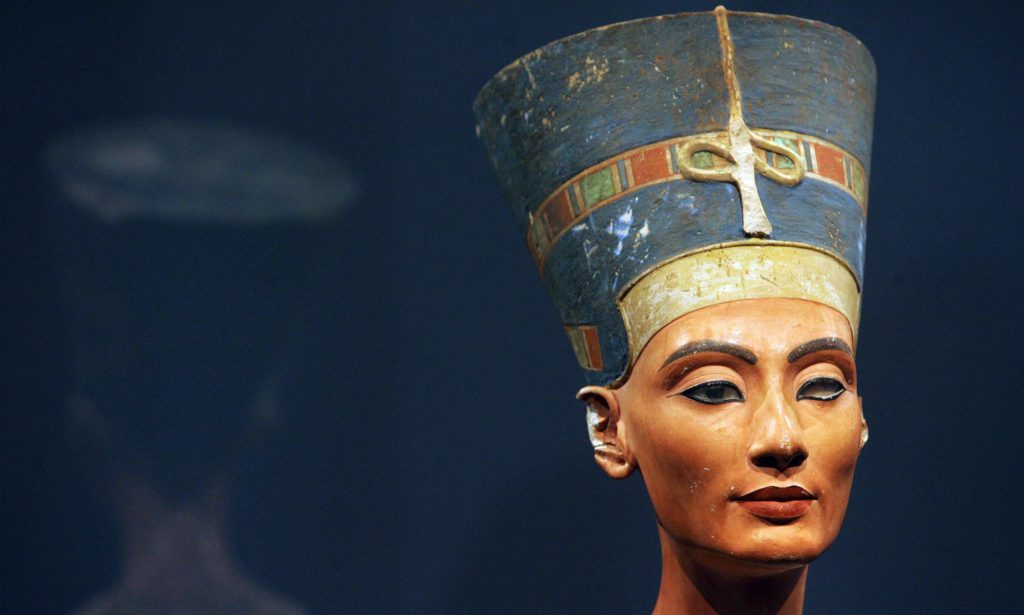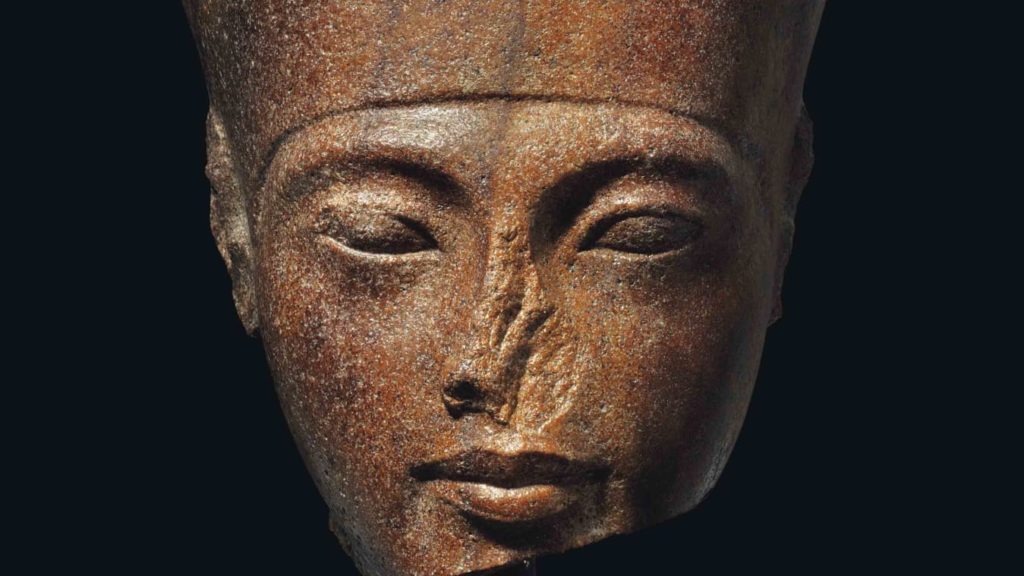News broke out yesterday of Egypt’s plea to Christie’s auction house in London as well as UNESCO to stop the sale of an 11-inch Tutankhamun statue set to go on auction on the 4th of July.
Diplomats from Egypt’s embassy in London have also contacted the UK Foreign Office to assist in stopping the auction and returning the statue as well as the other ancient Egyptian artifacts that were to be sold along with the statue.
Zahi Hawass, Egypt’s former antiquities minister and one of the world’s leading Egyptologists, publicly stated that the statue had been obtained illegally from the Karnak Temple in the southern city of Luxor.
The Ministry of Antiquities also released an official statement threatening to take legal action with Interpol after Christie’s auction house went public claiming that they legally obtained the artifact from Munich-based dealer Heinz Herzer in 1985 and that it was previously owned by Joseph Messina and Prinz Wilhelm von Thurn und Taxis.

“We would not offer for sale any object where there was concern over ownership or export,” continued Christie’s statement. “Christie’s strictly adheres to bilateral treaties and international laws with respect to cultural property and patrimony.”
“We will never allow anyone to sell
The statue is expected to be sold at a whopping £4mn, and at this point, whether it’s going to be returned to its home country is still unknown. Nevertheless, kudos to the Egyptian officials for standing up for our country’s heritage.
In recent years, Egypt has become more vocal about its stolen heritage and is actively demanding the return of the country’s ancient artifacts. Just last January, the swift action of the antiquities ministry salvaged a stolen artifact that had been scheduled to go on auction at an unnamed auction house in London. The relic, which was originally placed on display at the Karnak open-air museum in Luxor, is a tablet carved with the cartouche of King Amenhotep I. The sale was stopped and the British authorities seized the relic and returned it to Egypt.

A month after this incident, the Metropolitan Museum of Art in the United States returned the golden-sheathed coffin of Nedjemankh, a high-ranking priest of the 1st Century B.C. After investigators revealed that the sarcophagus was stolen from Egypt in 2011, the Met Museum decided to return it to Egypt and apologized for their lack of proper scrutiny.

According to Daily News Egypt, more than a thousand relics have been returned to Egypt in the past two years alone, but despite how impressive this number is, we are still not close to returning all of our lost heritage, not by a long shot.
Many of ancient Egypt’s most iconic artifacts do not reside here, but overseas, as during the colonial era when Egypt was occupied by France and then Britain, we lost a huge portion of our heritage to foreign archaeologists and grave robbers. Even after Egypt’s independence, laws such as the Antiquities Protection Act allowed foreign excavation missions to take fifty percent of the findings.

National treasures such as the Rosetta Stone, a key relic that helped linguists decipher the puzzle of ancient Egypt’s numerous languages is still at the British Museum in London, while Nefertiti’s head, one of Egypt’s most prized artifacts, is on display in Berlin.

There are many other relics that have been transferred from Egypt legally but never returned such as the statue of the architect of the Great Pyramid located in Germany and the statue of the Khafre Pyramid manager in the United States. According to Zahi Hawass, Egypt has legal ownership of these artifacts and should demand their immediate retrieval.



